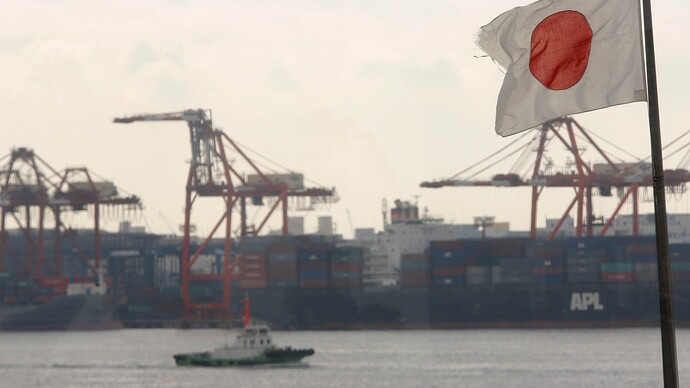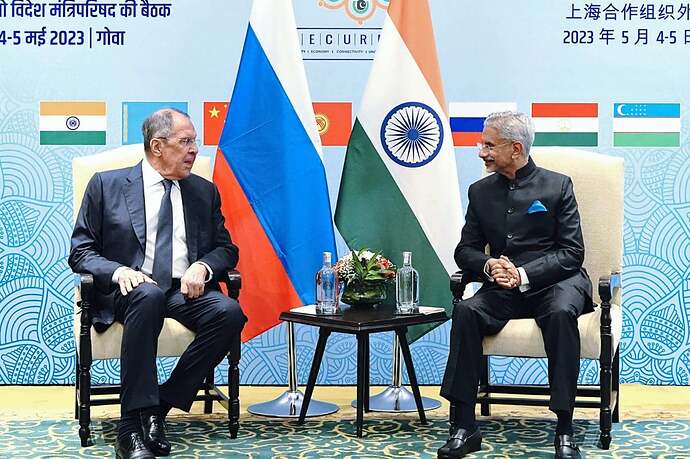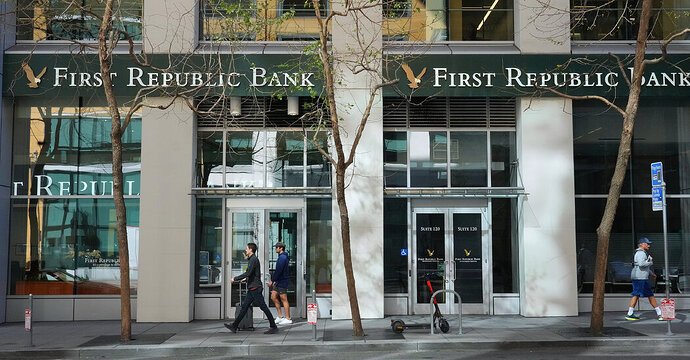International economics is the study of how countries interact with each other in terms of trade, finance, and investment. It seeks to understand and explain the behavior of individuals, businesses, and governments in the global economy. The field encompasses various branches of economics including macroeconomics, microeconomics, monetary economics, and international trade.
International economics plays a crucial role in shaping the global economy and has become increasingly important in the age of globalization. As countries become more interdependent, economic issues often cross borders and require collective solutions. For example, the global financial crisis of 2008 had far-reaching implications for the entire world economy. Thus, understanding the principles of international economics has become crucial for policymakers, businesses, and individuals.
International Trade
International trade is one of the most important and widely studied facets of international economics. It refers to the exchange of goods and services between countries. Countries engage in trade because it enables them to specialize in the production of certain goods and services, thus achieving economies of scale and increasing efficiency.
In theory, trade should result in mutual gains for all countries involved. However, in practice, the distribution of gains is often unequal. For example, developing countries may find it difficult to compete with developed countries that have access to advanced technology and infrastructure. This has led to concerns about the impacts of international trade on workers, industries, and the environment.
Trade policies have a significant impact on the international economy. Tariffs, import quotas, and other trade barriers can restrict trade and raise prices for consumers. However, they can also protect domestic industries and jobs. Free trade agreements such as the North American Free Trade Agreement (NAFTA) and the Trans-Pacific Partnership (TPP) aim to reduce trade barriers and promote economic integration between countries.
Balance of Payments
The balance of payments is a key concept in international economics. It is a record of all the transactions between a country and the rest of the world over a given period of time. It includes both trade in goods and services (the current account) and financial transactions such as foreign investment and lending (the capital account).
When a country has a trade surplus (exports exceed imports), it is said to have a positive balance of payments. Conversely, when a country has a trade deficit, it has a negative balance of payments. International financial institutions such as the International Monetary Fund (IMF) monitor countries’ balance of payments and provide financial assistance when needed.
Exchange Rates
Exchange rates refer to the value of one currency relative to another. They are determined by the supply and demand for each currency in the foreign exchange market. Exchange rates play a crucial role in international trade and investment because they determine the price of goods and services in different currencies.
Exchange rates can be fixed or floating. In a fixed exchange rate system, the central bank of a country sets the value of its currency relative to another currency, and maintains that rate through market interventions. In a floating exchange rate system, the value of the currency is determined by the market. Most countries now use floating exchange rates, although some still use fixed rates.
International Finance
International finance refers to the flow of money between countries. It includes foreign direct investment, portfolio investment, and international lending and borrowing. International finance has become increasingly important in recent years as globalization has led to greater integration of the world economy.
Foreign direct investment refers to the purchase of a controlling stake in a company by a foreign investor. It can bring new technology, expertise, and employment opportunities to the host country, but it can also raise concerns about national security and loss of control over key industries.
Portfolio investment refers to the purchase of stocks and bonds in foreign companies. It enables investors to diversify their portfolios and potentially earn higher returns, but it also exposes them to currency and political risk.
International lending and borrowing involves the exchange of money between countries. Governments, corporations, and individuals borrow money from foreign lenders for a variety of reasons, including financing infrastructure projects, expanding businesses, and purchasing goods and services. However, this also comes with the risk of default and can lead to financial instability.
Conclusion
International economics is a complex and constantly evolving field that plays a central role in shaping the global economy. The principles of international trade, balance of payments, exchange rates, and international finance are all interconnected and have far-reaching implications for businesses, governments, and individuals. As the world becomes increasingly interconnected, understanding the principles of international economics will become more important than ever for those seeking to navigate the global economy.
Disclaimer
6do Encyclopedia represents the inaugural AI-driven knowledge repository, and we cordially invite all community users to collaborate and contribute to the enhancement of its accuracy and completeness.
Should you identify any inaccuracies or discrepancies, we respectfully request that you promptly bring these to our attention. Furthermore, you are encouraged to engage in dialogue with the 6do AI chatbot for clarifications.
Please be advised that when utilizing the resources provided by 6do Encyclopedia, users must exercise due care and diligence with respect to the information contained therein. We expressly disclaim any and all legal liabilities arising from the use of such content.









